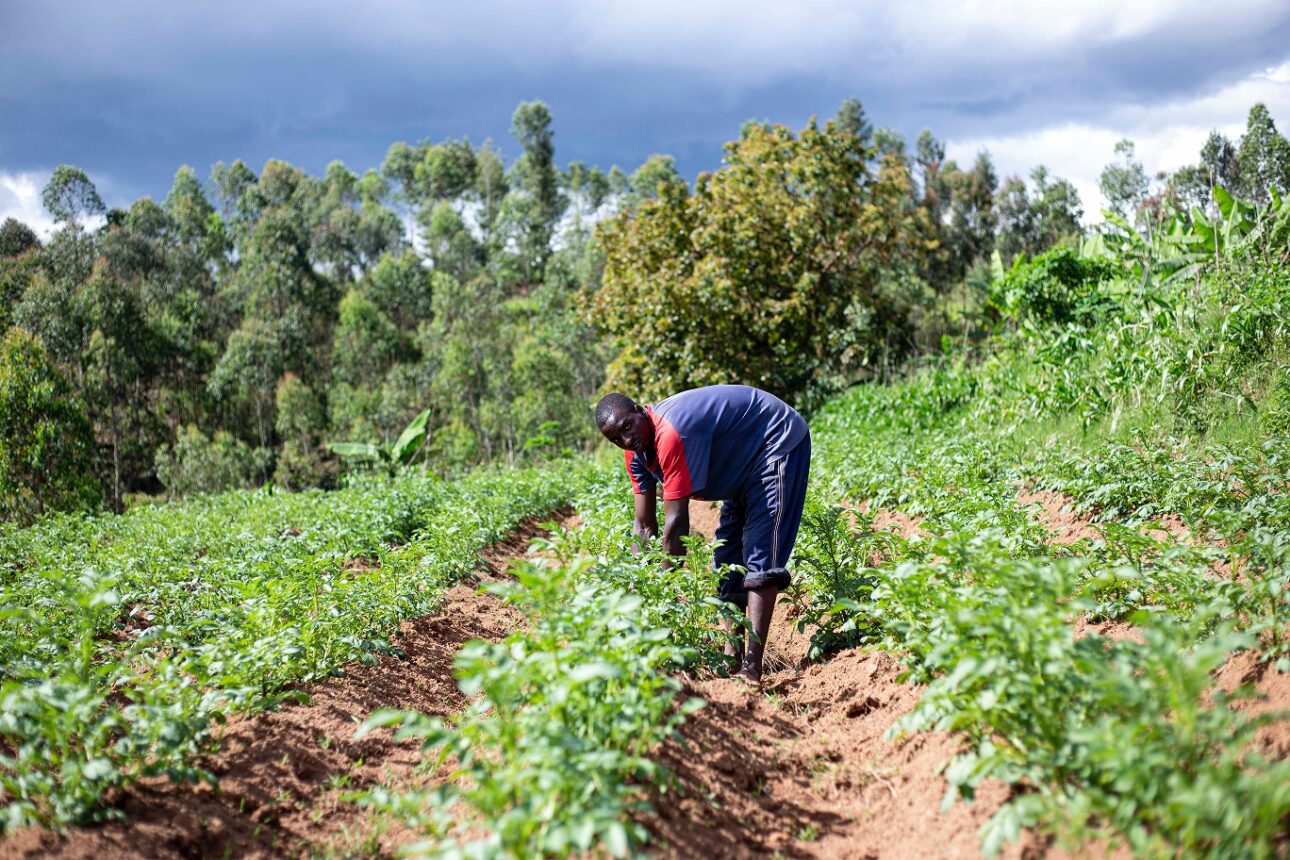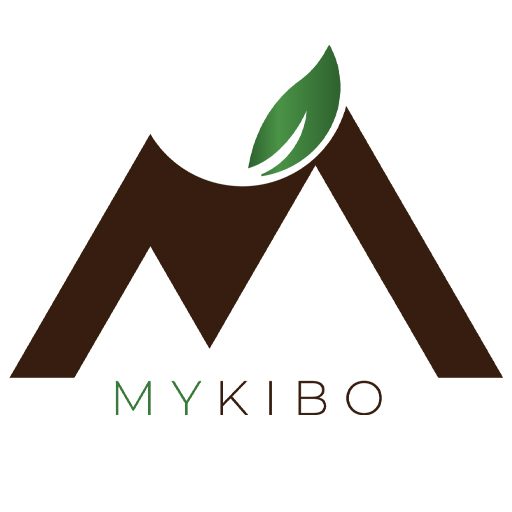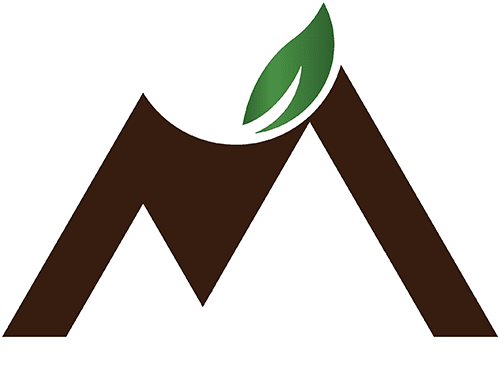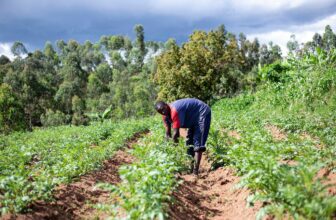
The global food demand is projected to increase by a staggering 70% by 2050, posing a critical question: Is the world ready to fill this impending gap? Amidst this challenge, Africa emerges as a pivotal player, holding immense potential to become the leading driver of global food demand. With a median age of 19, Africa stands as the world’s youngest continent, and its soaring population growth indicates that 1 in 2 people will be African by the end of this century. This demographic shift solidifies the urgent need to revolutionize food production, ensuring zero hunger and malnutrition worldwide. In this blog, we delve into the silver lining of Africa’s agricultural landscape and the transformative measures required to seize this remarkable opportunity.
Africa’s Abundance; Unleashing the Power of Arable Land: Africa is blessed with a remarkable asset that can shape its destiny and contribute to global food security: 60% of the world’s arable land. This vast expanse holds immense promise, as it can not only sustain Africa’s own food requirements but also provide nourishment for the rest of the world. However, harnessing this potential necessitates a paradigm shift in our approach to food systems.
Rethinking Food Systems: Innovating at Scale: To unlock Africa’s agricultural potential, we must reimagine every aspect of the food system. From best farming practices to transportation and logistics, from efficient market structures to the consumer’s table, innovation is key. Embracing sustainable and regenerative farming techniques, such as precision agriculture, agroforestry, and organic farming, can ensure optimal resource utilization while minimizing environmental impact. Additionally, investing in modern irrigation systems, post-harvest storage facilities, and transportation infrastructure can enhance productivity and reduce post-harvest losses, ultimately increasing the availability of food.
Empowering Farmers: Knowledge and Technology Transfer: Central to Africa’s agricultural revolution is empowering smallholder farmers, who form the backbone of the continent’s food production. Access to knowledge and technology is vital for their success. By providing training, resources, and access to market information, we can equip farmers with the necessary tools to optimize their yield and increase their incomes. Leveraging digital technologies and mobile applications can facilitate knowledge transfer and connect farmers with buyers, enabling efficient and transparent value chains.
Sustainability and Resilience: Balancing Environmental and Economic Goals: As we strive to meet the growing food demand, we must ensure that agricultural practices align with sustainability and climate resilience. Implementing agroecological principles, including crop rotation, integrated pest management, and soil conservation, can preserve biodiversity and soil health. Moreover, promoting climate-smart farming techniques and supporting farmers in adapting to changing weather patterns can enhance their resilience to climate shocks. By embracing sustainable practices, we can create a robust agricultural sector that safeguards the environment while providing economic opportunities.
MyKibo: Pioneering ‘Sourcing and Procurement as a Service’: In the pursuit of sustainable agriculture, MyKibo is leading the way by developing Africa’s premier ‘sourcing and procurement as a service’ platform. Recognizing the significance of making food available at affordable prices and with utmost convenience, MyKibo is here to close the gap between increasing global food demand and supply. By connecting farmers, distributors, retailers, and consumers through a seamless digital ecosystem, MyKibo optimizes the efficiency of food value chains, ensuring fair returns for farmers and affordable access to quality produce for consumers.
Building a Collective Future: Africa’s Agriculture Needs You: The vision of creating a world without hunger and malnutrition necessitates collective efforts. Africa’s agriculture beckons individuals, organizations, and governments to contribute to this transformative journey. Whether through investments in research and development, support for sustainable farming practices, or policy.






